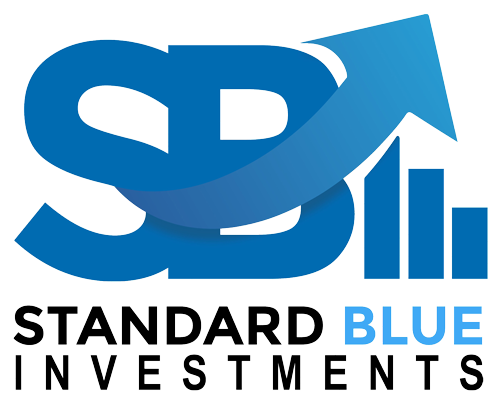Climate change may be the greatest threat of our time. The ability of mangroves to provide food, shelter and livelihoods, support biodiversity, build coastal resilience, and act as extraordinary carbon storage “machines” (Blue Carbon) make mangrove conservation and restoration an important strategy to fight climate change.
Sustainable ecosystems, biodiversity, and infrastructure
Empowering
communities in
West Africa.
Nature-Based Solutions
Leveraging the financial flows from the voluntary carbon markets (VCM), Standard Blue (SBI) provides long-term sustainable programs and infrastructure to improve the livelihoods of beneficiary communities.
Using a proven framework, the anticipated cash flows from VCM allow SBI to strike a balance between conservation goals and local needs and demands for resources to support livelihoods, food security, local economies, ecosystems, and improved human well-being.
What We Do
Focusing on community engagement and development as key components to sustainable change and improved conditions.
To address the crisis in global biodiversity loss we must first understand the root causes and the entire scope of human-nature interactions.
Dr. David Obura, Scientist and Biodiversity Expert
1. Educate
2. Reforest
3. Establish
4. Develop
Improving Communities
Sustainability
Less Carbon
About Us
Standard Blue Investments, a social enterprise, is a registered Ghanaian company. Ghana is also the home country of the founder of Standard Blue and the majority of its team members and participating partners. Ghana is considered one of the most stable governments in Africa and the economics of the country were improving prior to the COVID pandemic. Today, post-COVID, Ghana is experiencing runaway inflation (over 100% for 2022) and a dramatically devalued currency (more than 50% against US currency).
As a paramount chief, HRM Notse Nii Nortey Owou IV (a.k.a Bernard Botchway), the founder of Standard Blue Investments, has pledged to build capacity and improve the health and well-being of his people and his country. He has experienced firsthand the local impacts of climate change. Furthermore, he emphatically supports the position of the United Nations Department of Economic and Social Affairs that has also set forth in its “A Just Green Transition” policy that “securing a low-carbon future is a matter of justice, as poor people and countries are the most affected by climate change”.


The Project
As a social enterprise and with the support of Dr. Ashok Das and his team at SunMoksha, their time-tested framework and strategy supports GLB to successfully engage the local communities.
SSD Framework
Using the tested framework, Standard Blue is further guided by the UN Decade on Ecosystem Restoration – Principles of Restoration and includes best practices that aggregate into five components: assessment, planning and design, implementation, sustained management, and long-term monitoring/evaluation.
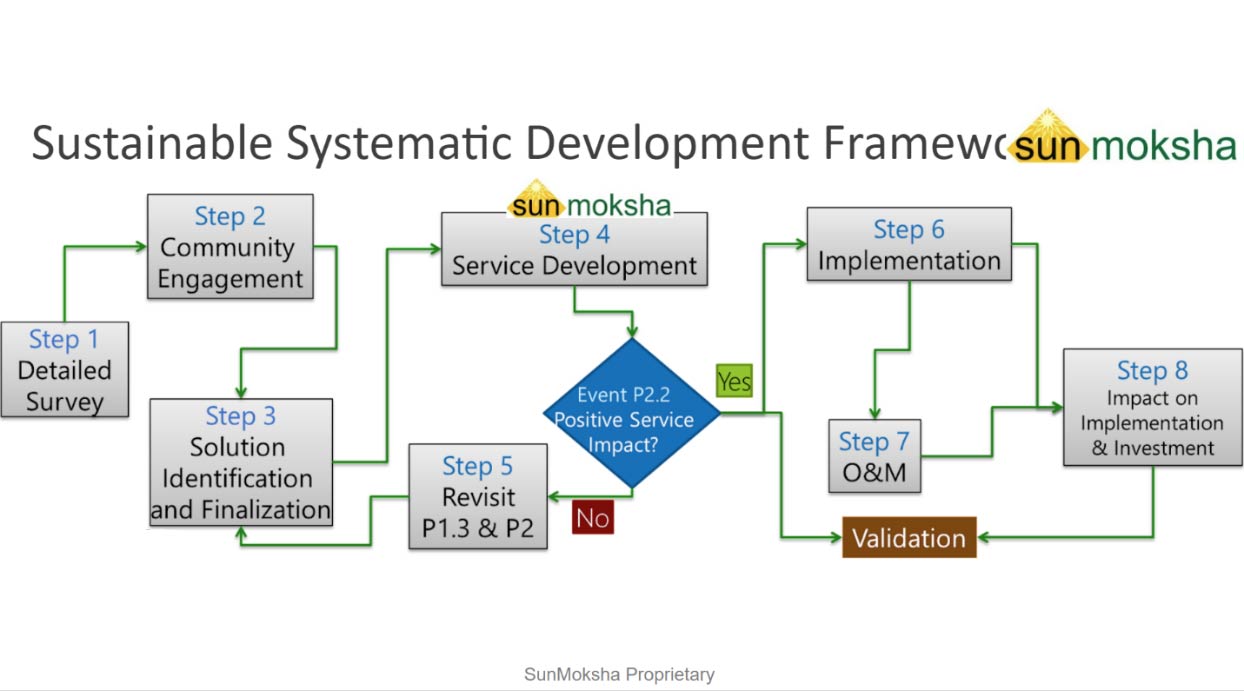
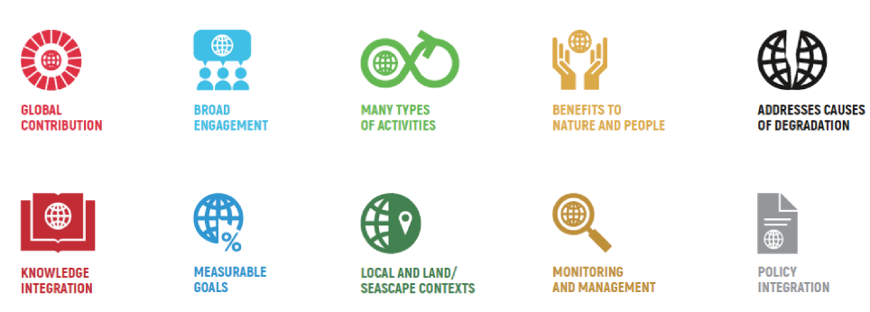
Ecosystem Restoration
Source: World Bank and UN Decade on Ecosystem Restoration: SCALING UP ECOSYSTEM RESTORATION FINANCE
Answers to the Most Popular Questions
Did not find the answer? Write to us
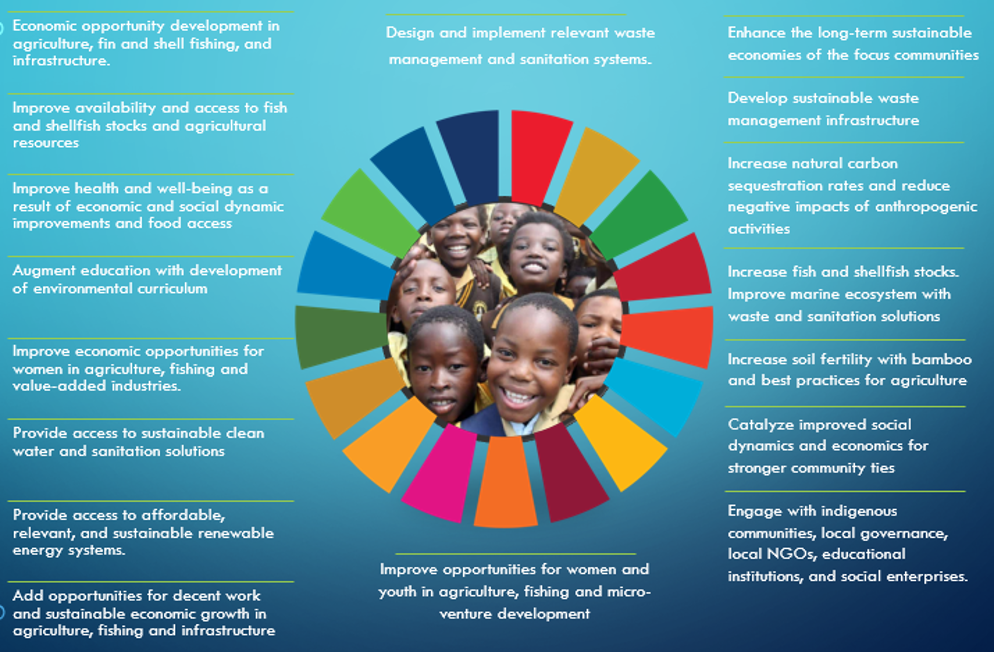
Standard Blue aims to incorporate all 17 UN Sustainable Development Goals
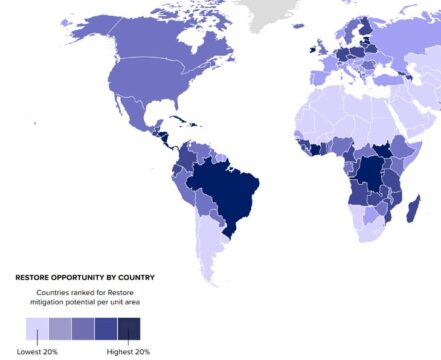
Exponential Roadmap for Natural Climate Solutions (conservation.org)
References
Our team has taken great care to ensure the accuracy and reliability of the information presented, and we’re happy to share our sources with you. To view our references, simply click the button.
Organization and Management
SBI has assembled a team of experts and advisors in mangrove science, wildlife, community education, infrastructure design and development, to replant degraded mangrove forests and support environmental education and awareness in Ghana.
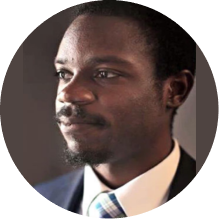
Bernard N. Botchway, Esq.
A legal professional with experience in legal and strategic issues surrounding banking, finance, international trade and associated regulatory systems. Currently, Bernard serves as North American Lead Counsel for Standard Chartered Bank. Previously he was a team member of Bank of America corporate general counsel in Charlotte, NC where he oversaw international compliance and regulatory systems. As a native-born Ghanaian, he was enstooled as the traditional leader of the Osu people of Ghana in early 2022.
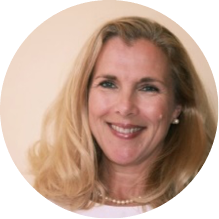
Diana Doheny
As an investor and consultant, who is passionate about climate solutions, Diana brings her extensive experience in finance, strategy, real estate development, and project management to West Africa to design nature-based solutions that mitigate the impact of climate change.
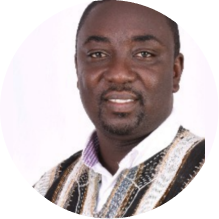
Kwadwo Afari-Yeboah, PMP
Kwadwo brings decades of experience as both an entrepreneur and a project manager for multiple clients throughout Ghana. He also brings key knowledge of government policy and processes as well as experience in import/export.
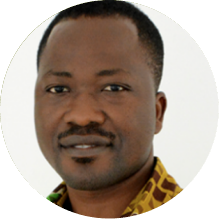
Joshua Adotey
Mr. Joshua Adotey holds a Master’s degree in Integrated Coastal Zone Management and a Bachelor’s degree in Fisheries and Aquatic Sciences, both from the University of Cape Coast. He is presently the Monitoring and Evaluation Officer at the World Bank funded Africa Centre of Excellence in Coastal Resilience (ACECoR), University of Cape Coast, Ghana.
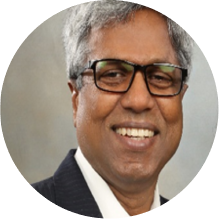
Ashok Das, PhD
Working closely with underserved and disadvantaged communities, Dr. Das brings his expertise in clean technologies, micro-grids, IoT, smart grid, renewable energy, smart irrigation, rural electrification, and semiconductor equipment modeling.
His innovations and models have received national and international awards and accolades.
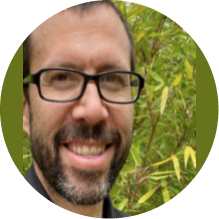
Fred Hornaday
Having a focus on assisting farmers, investors, and individuals at all stages of the bamboo journey, Bambu Batu consultation services address all areas of cultivation, including species selection, plantation set-up, monetization strategies, sourcing of supplies and machinery, as well as finding ways to achieve sustainability goals and generate carbon credits.
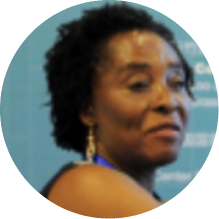
Gloria Adu
An experienced Ghanaian businesswoman with decades of acclaimed expertise in community program development and manufacturing.
